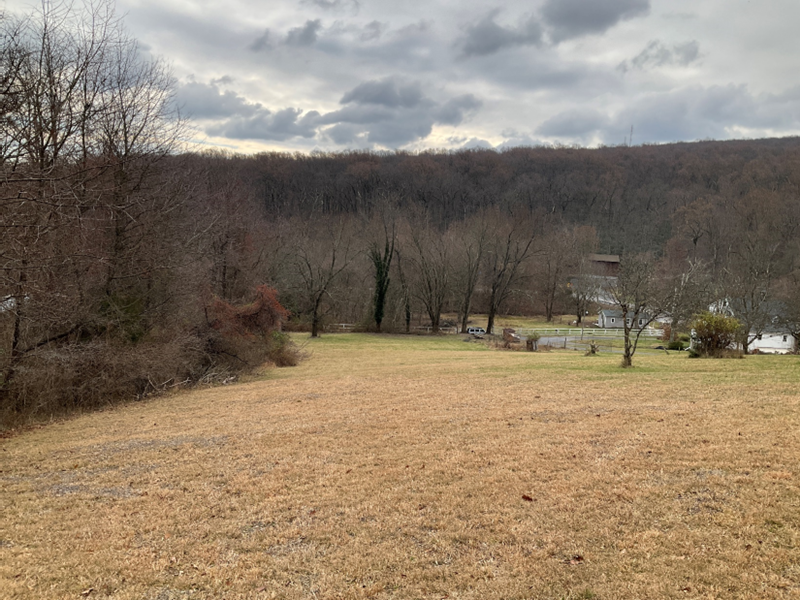Legal Consequences – Forbes Advisor – Technologist
Driving without a license is typically a state-level offense. It could be a summary offense or misdemeanor crime depending on the circumstances, such as why you don’t have a license to drive, what type of license you’re lacking or whether you are a repeat offender.
Legal Definition of Driving Without a License
Each state has its own rules and regulations that address the offense of driving without a license. For example, Pennsylvania Motor Vehicle Code Title 75 Section 1501(a) states that, “No person, except those expressly exempted, shall drive any motor vehicle upon a highway or public property in this Commonwealth unless the person has a driver’s license valid under the provisions of this chapter.”
The law goes on to state that if you have a valid driver’s license but you just don’t have it with you in the vehicle, you can avoid being convicted of the offense. You can do this by providing proof within 15 days that you have a valid license or, if the license was lost or stolen, evidence that you were licensed at the time despite not having the official document.
There is also a difference between driving without a license and driving after your license has been suspended. The second offense is typically considered a more serious one because you have had your right to drive removed and have chosen to defy the order that resulted in that removal.
Pennsylvania Code Section 1543 defines the offense of driving while operating privilege is suspended or revoked as, “Any person who drives a motor vehicle on any highway or trafficway of this Commonwealth after the commencement of a suspension, revocation or cancellation of the operating privilege and before the operating privilege has been restored is guilty of a summary offense and shall, upon conviction or adjudication of delinquency, be sentenced to pay a fine of $200.”
However, the same statute makes clear that driving while your license was revoked in connection with a DUI could result in a fine of $500 and 60 to 90 days imprisonment even for a first offense.
Most other states have similar statutes on the books with similar definitions, including some with even harsher penalties for those who violate licensure rules.



